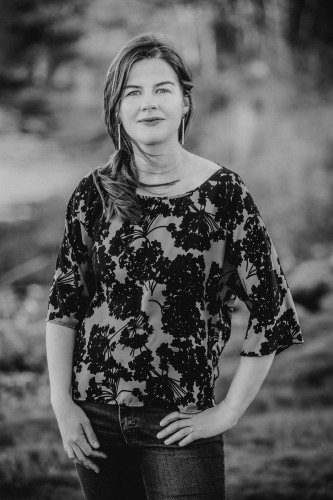
Elizabeth Rush
Biography
Degrees
- B.A. English, Reed College, 2006.
- M.F.A, Southern New Hampshire University, 2010.
Professional Accomplishments
Elizabeth Rush is the author of The Quickening: Motherhood, Antarctica and Cultivating Hope in a Warming World and Rising: Dispatches from the New American Shore, which was a finalist for the Pulitzer Prize. Her work explores how humans adapt to changes enacted upon them by forces seemingly beyond their control, from ecological transformation to political revolution. Rush’s work has appeared in a wide range of publications including the New York Times, Orion and Harpers. She is the recipient of fellowships from the National Endowment for the Arts, the National Science Foundation, National Geographic, and the Alfred P. Sloan Foundation. Rush lives with her husband and son in Providence, Rhode Island, where she teaches creative nonfiction at Brown University.